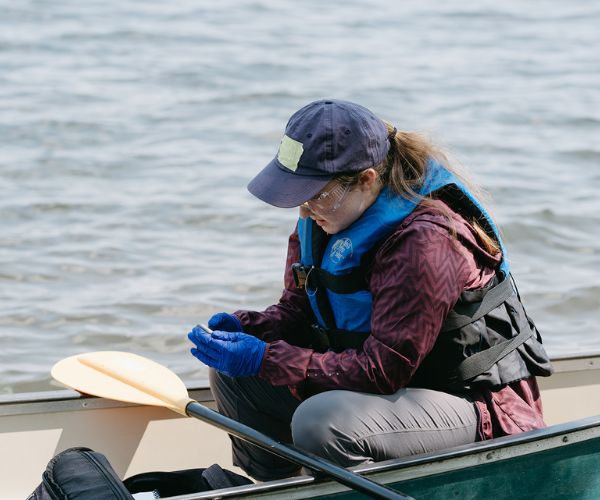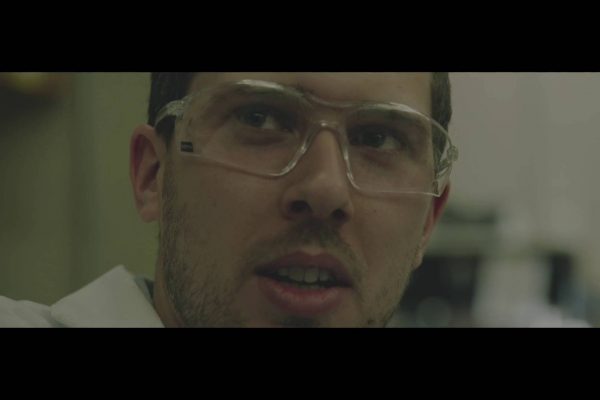Visit Carleton! Book your tour today.
Program Details
Environmental engineers ensure that we have clean water to drink, clean air to breathe, clean soils to grow our crops, and clean energy to sustain our growth.
The Faculty of Engineering and Design’s Environmental Engineering program in the Department of Civil and Environmental Engineering teaches students how to design innovative treatment technologies that help to minimize our environmental footprint, prevent pollution, reduce greenhouse gas emissions, improve air quality, ensure drinking water safety, and achieve environmental sustainability.
The Environmental Engineering program is fully accredited by the Canadian Engineering Accreditation Board, allowing graduates to meet the educational requirements for registering as a professional engineer.
Work Experience
A Co-op option is available. Co-op is the opportunity to get a head start on a career. Co-op work terms allow for the development of key employability skills, exploration of career options and graduation with tangible, workplace experience. The program also has a first-year internship opportunity.

Get started in Carleton360 to receive tailored information on our programs, student services and community.

Career Outcomes
Explore your passions, refine new skills and discover the career that’s right for you.
The skills learned through the study of environmental engineering are highly transferable and will prepare you for a wide range of careers.
Sample Careers
- Air Quality Control
- Conservation
- Design and Improve Treatment Systems for Water
- Environmental Sustainability
- Improve Outdoor and Indoor Air Quality
- Prevent Flooding and Protect Against Drought
- Provide Clean Energy Alternatives to Reduce Greenhouse Gas Emissions
- Resource Management
- Restore Disturbed Ecosystems
- Waste Management
- Wastewater and Solid Waste

Sample Courses
ECOR 1045 - Statics
Cartesian vector representation of forces. Components of forces. Particle equilibrium and free body diagrams. Moments and cross product. Centre of gravity and centroids. Rigid body equilibrium.
ENVE 4003 - Air Pollution and Emissions Control
Air pollutants, classification, sources, and effects. Ambient air quality objectives and monitoring. Pollutant formation mechanisms in combustion. Major pollutant categories and control methods. Indoor air quality. Laboratory procedures: emissions from boilers and IC engines, particulate size distribution and control, IAQ parameters.
Visit the Undergraduate Calendar to view a comprehensive list of course offerings for this program and discover the exciting things Carleton students are learning in the classroom!


